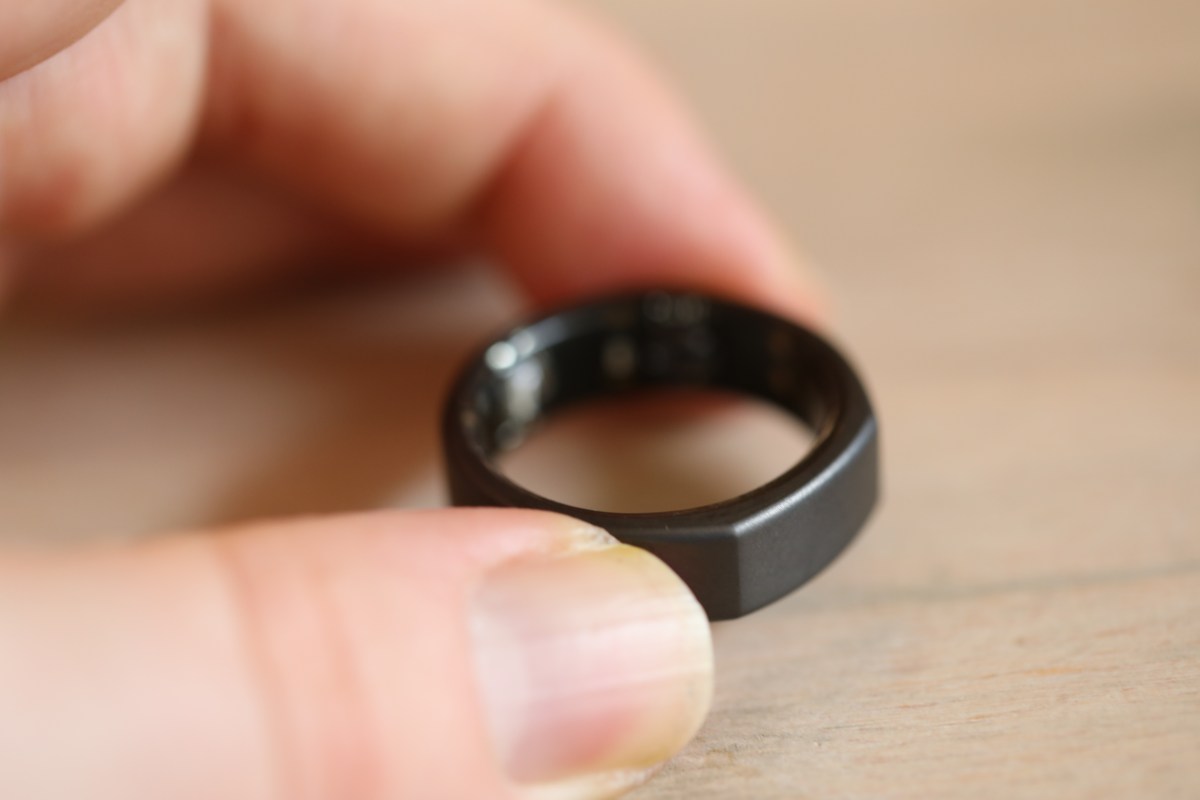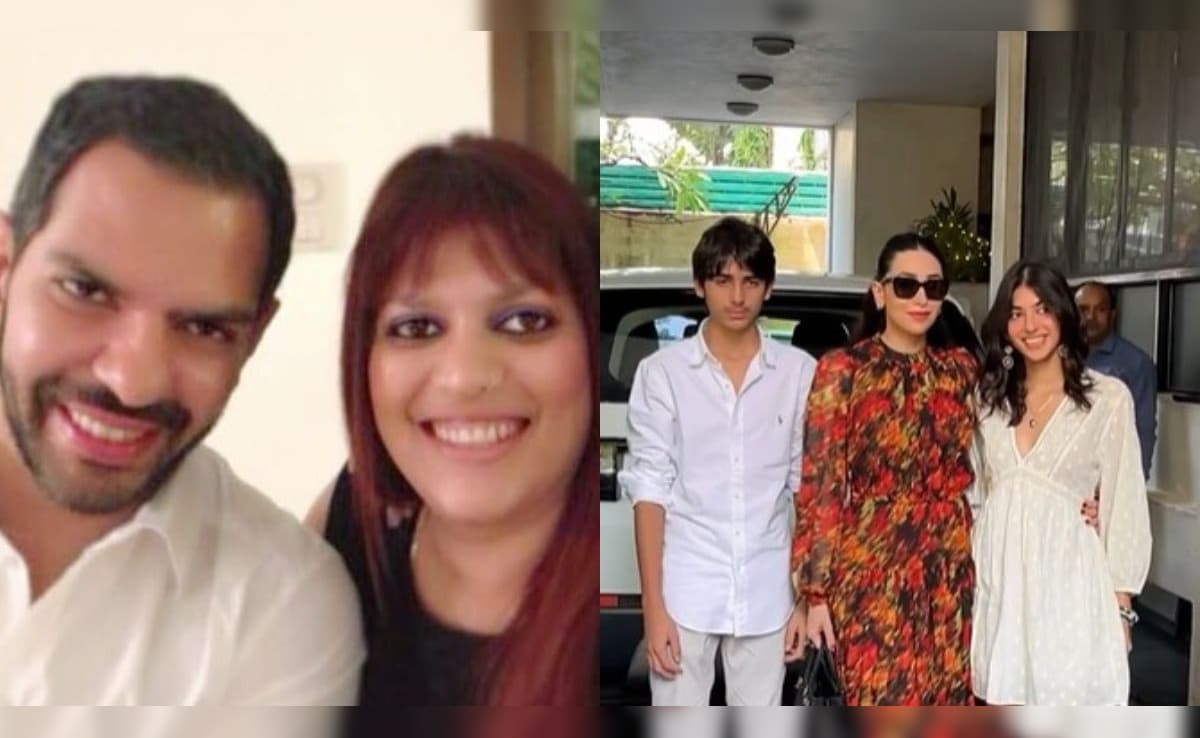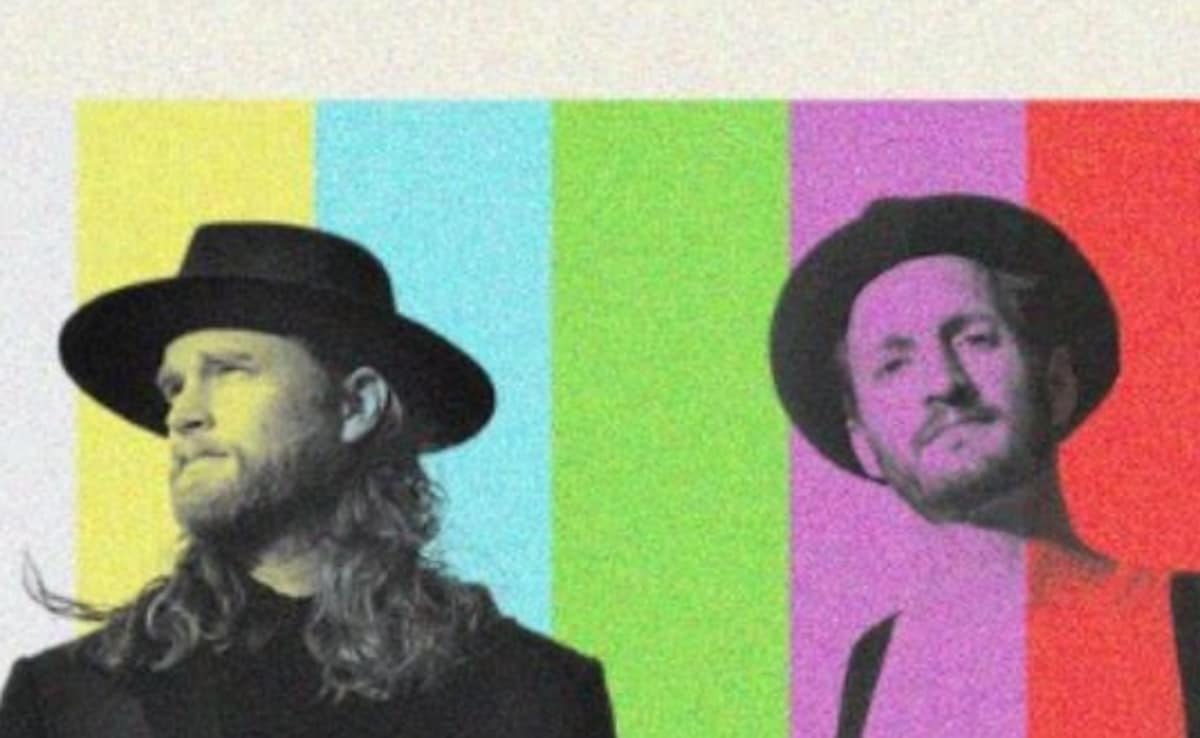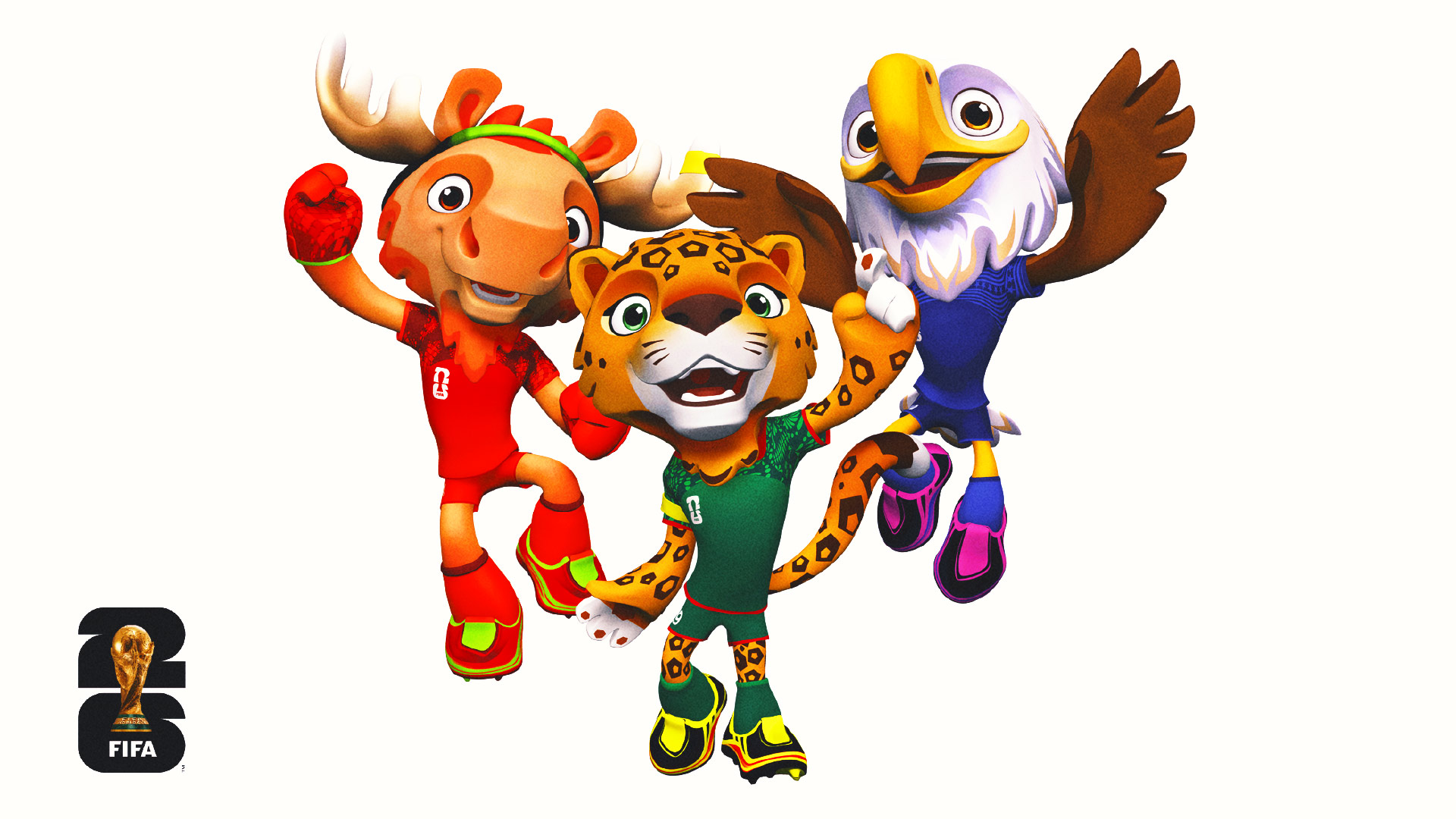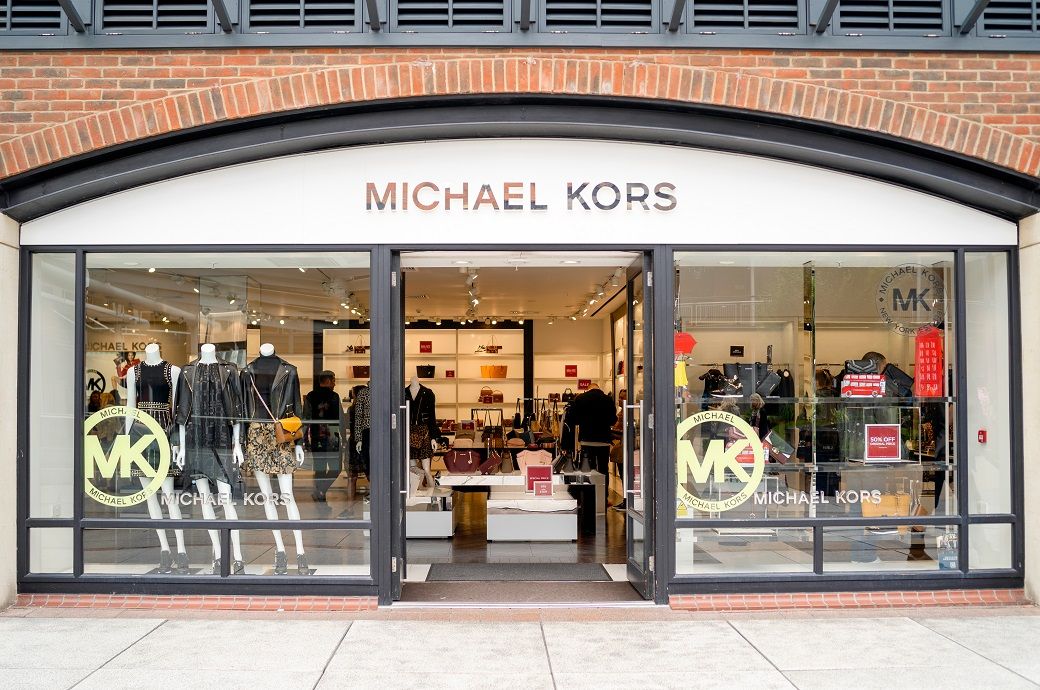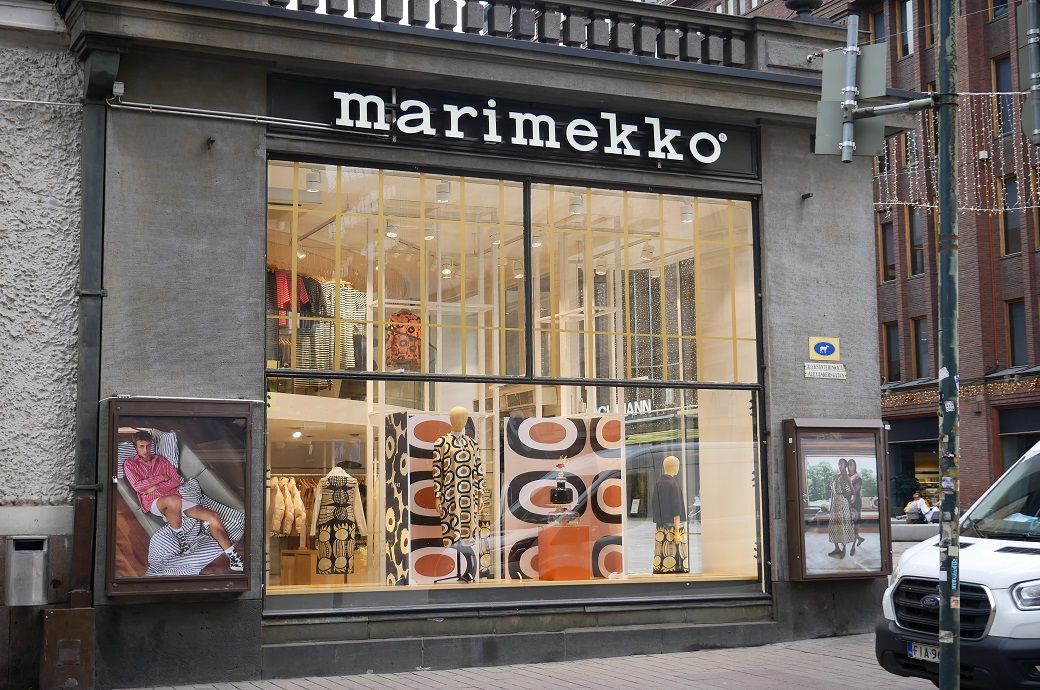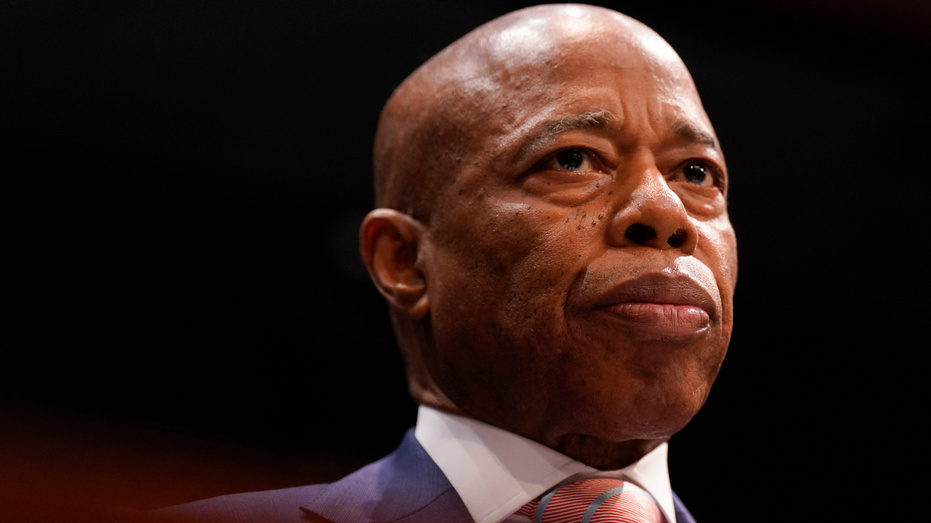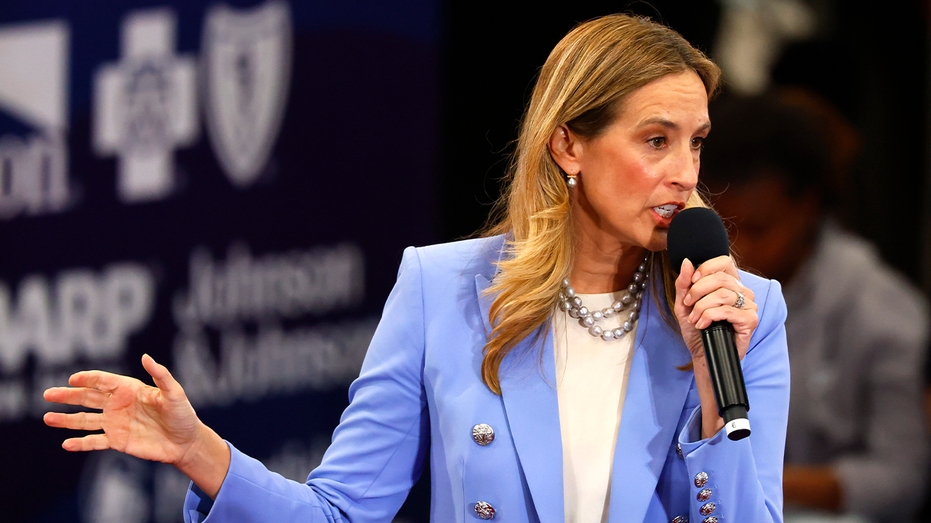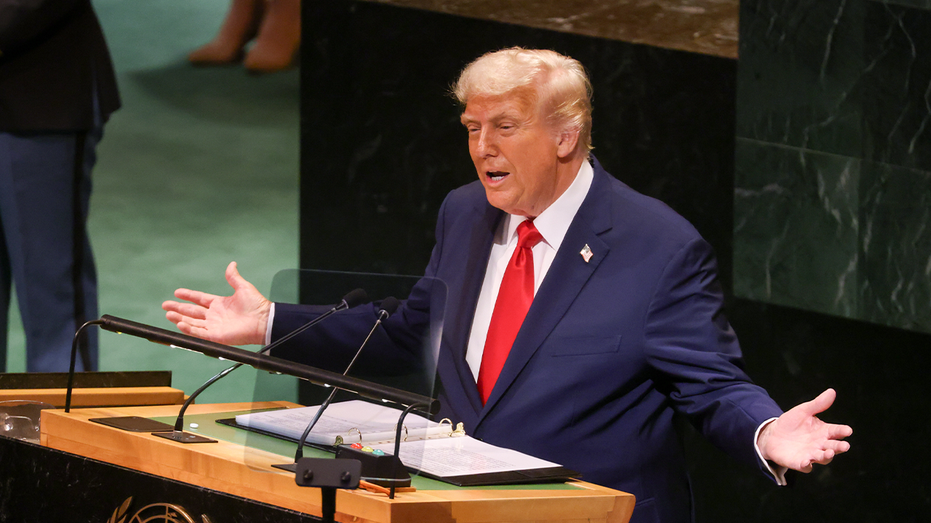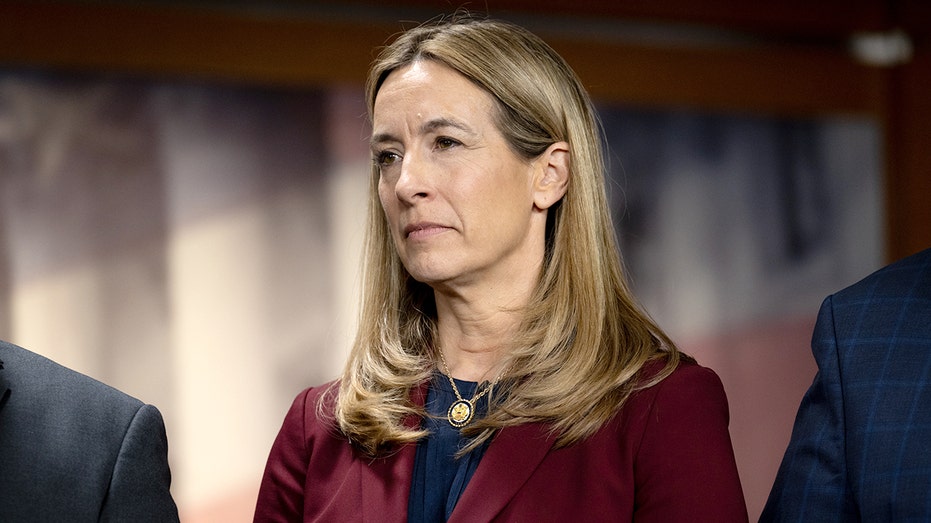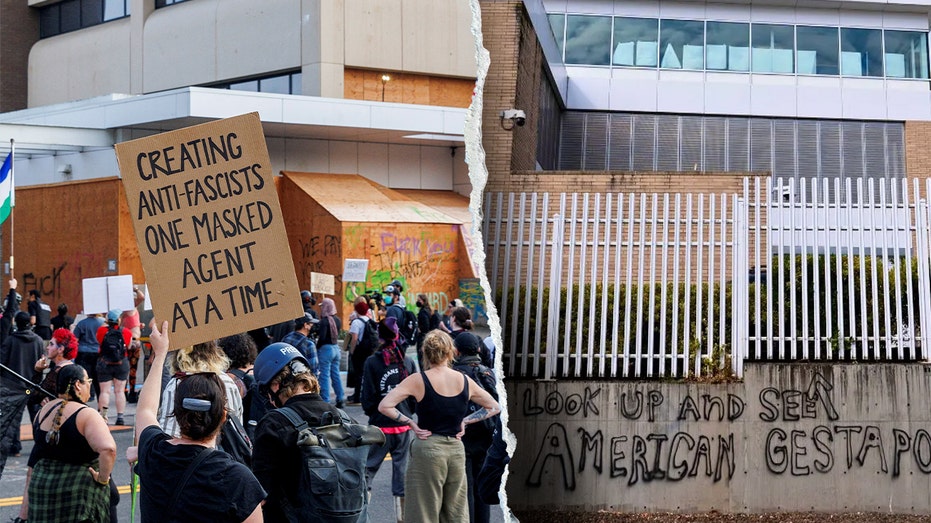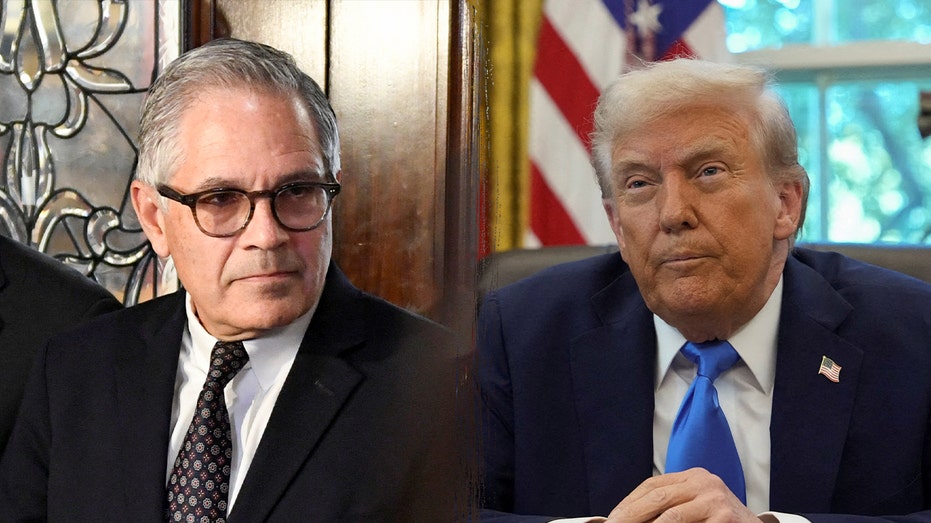From Denmark to Finland to Norway, Zetland bets its model can travel well (and Germany’s up next)

The Nordic countries are good places to launch news outlets. Trust in news is very high, and people are willing to pay for news subscriptions.
Zetland, the membership-driven news site launched in Denmark in 2012, now counts 50,000 paid subscribers, and the publication has begun expanding its model to other countries.
Last year, Zetland — whose cofounder and international director is Jakob Moll, a 2022 Nieman Fellow — lent its support, tech stack, and playbook to Uusi Juttu, in Finland. The site launched in January and now has more than 18,000 paying members.
Now, Zetland has set its sights on Norway. On Tuesday, it announced its next project: Demo, a startup that aims to bring Norwegians news in new ways. Demo will be run by Norwegian journalists and will rely on Zetland for initial financial support.
“Norwegian journalism is dominated by publishers that have existed for decades,” Demo cofounder and journalist Ingrid Tinmannsvik told me via email. “The past few years we have seen a few new niche media outlets enter the market, but few are targeting a broader audience, and they are traditional in their way of reporting. We believe there is a need for something new.”
Tinmannsvik said Norwegians (like residents of plenty of other countries) are overwhelmed by the news cycle. They’re tired of breaking news and want to see more explanatory and analytical journalism, she said. In order to define Demo’s editorial vision and strategy, Tinmannsvik and her fellow co-founders (documentary filmmaker Bendik Mondal and community organizer Helle Hoås) will embark on a listening tour this fall, asking Norwegians what’s missing from the media landscape and what news they want to see more of.
Before joining Demo, Tinmannsvik led the Norwegian public broadcaster NRK’s “constructive journalism” initiative focused on solutions-oriented reporting and combatting news avoidance. She became increasingly convinced that journalism in Norway needed a new direction, especially after seeing how the press covered the recent parliamentary election.
The election was “dominated by debates about the wealth tax instead of our time’s most pressing issues,” Tinmannsvik said. “Media played a big role in that. Along the way, we forgot to listen to the people we are here for.”
Tinmannsvik met Zetland’s Moll at a conference in 2024. After Uusi Juttu launched, Moll was keen to expand to a third market and Norway — where 42% of people have paid for news, more than any other country in the world — seemed like a natural next step.
“Norwegian journalism is famously vibrant and there is the highest willingness to pay in the world,” Moll said. “At the same time, news in Norway tends to be very traditional, and the industry faces the same threats as in the rest of Europe. Young men especially are gravitating away from traditional outlets.”
One of the main challenges, Tinmannsvik said, will be to “hold people’s attention long enough for them to realize we are different from traditional media.” Per the Reuters Institute for the Study of Journalism, trust in news in Norway is particularly high (54%) and Norwegians much prefer digital news sources (87%) over social media (41%) to get informed. The most trusted outlet is NRK (81%), followed by regional and local newspapers (77%).
Norwegians seem to be loyal to their current preferred news sources, but the lesson from Uusi Juttu, Moll said, is to include the public from the very beginning.
“It is possible to build excitement around journalism if you reach out and invite engaged citizens to help and guide you,” Moll said. “Humility can be a powerful force, especially if it’s the last citizens expect of the media.”
But Zetland isn’t sticking to Nordic countries. Its next expansion, Moll said, will be to Germany, where he’ll begin assembling a team of founders later this year.
What's Your Reaction?
 Like
0
Like
0
 Dislike
0
Dislike
0
 Love
0
Love
0
 Funny
0
Funny
0
 Angry
0
Angry
0
 Sad
0
Sad
0
 Wow
0
Wow
0













